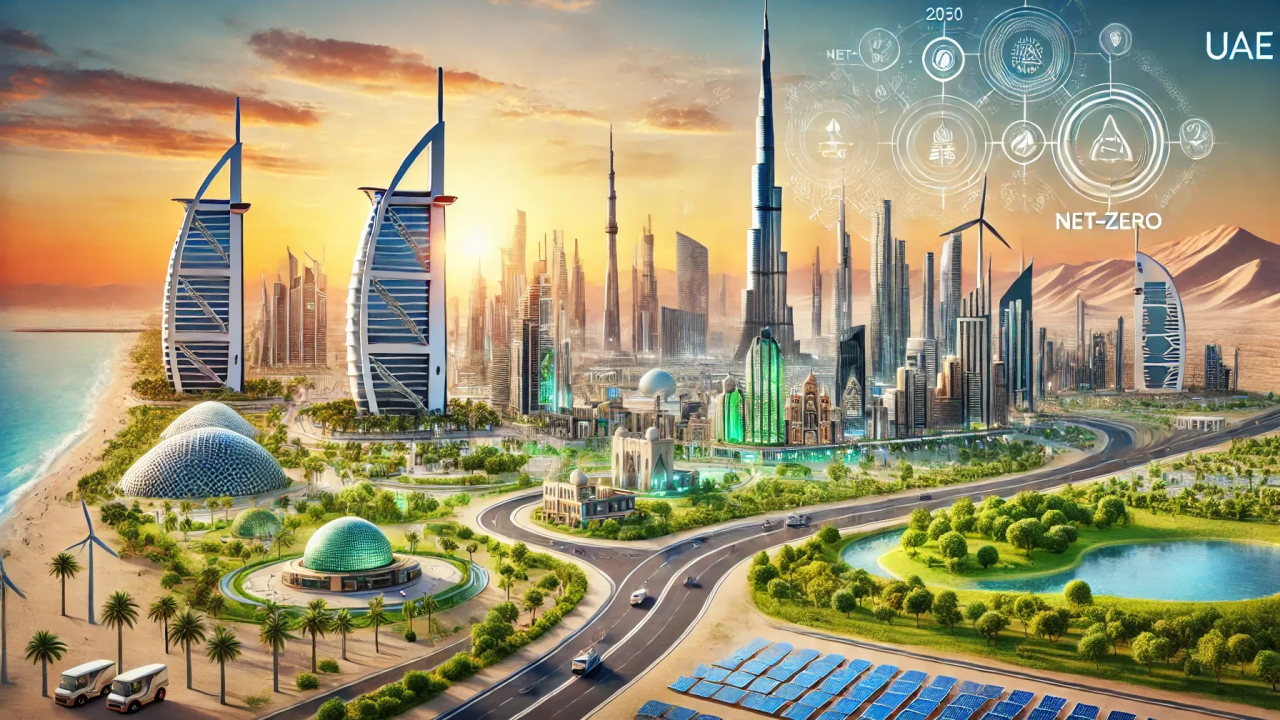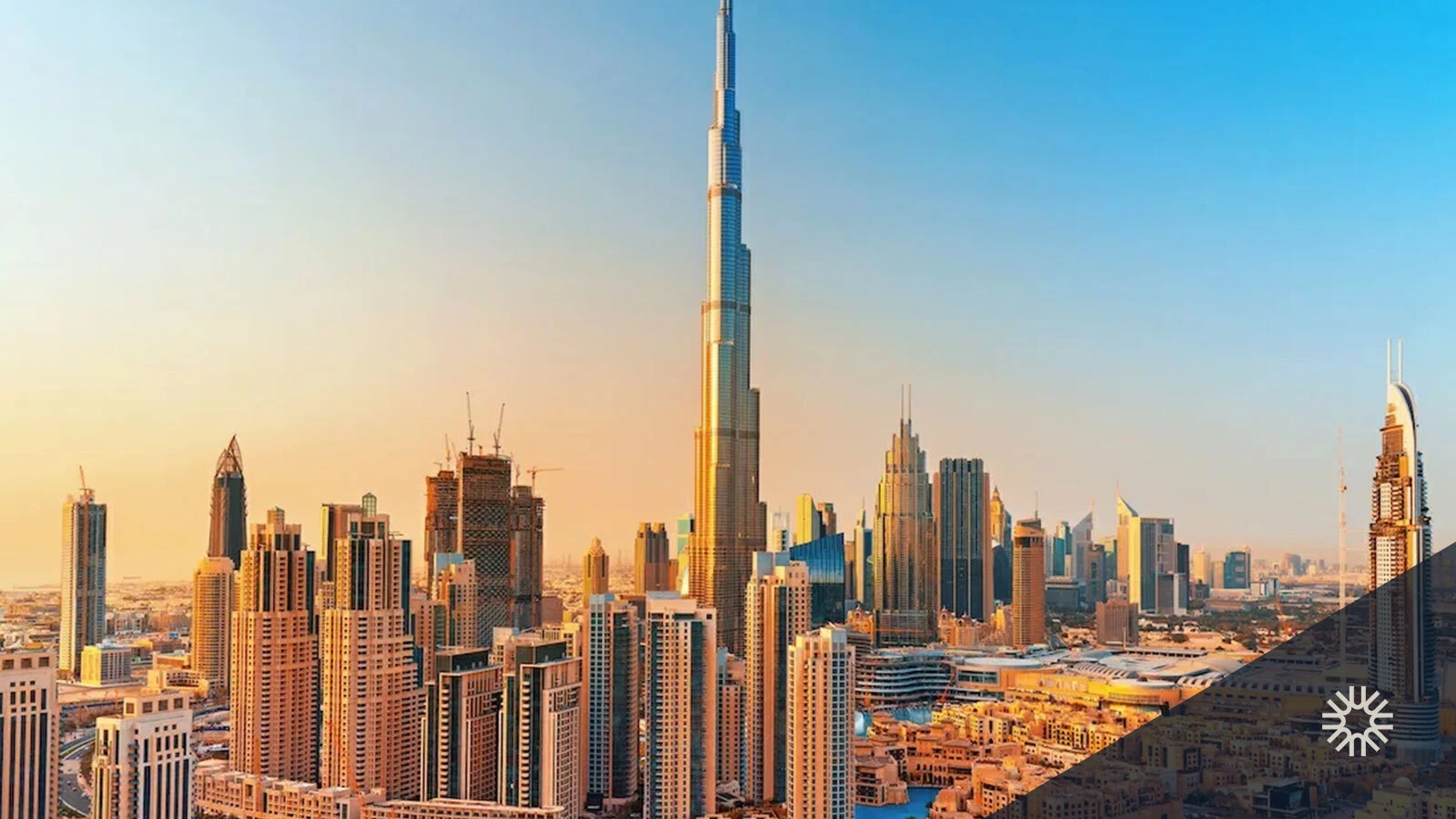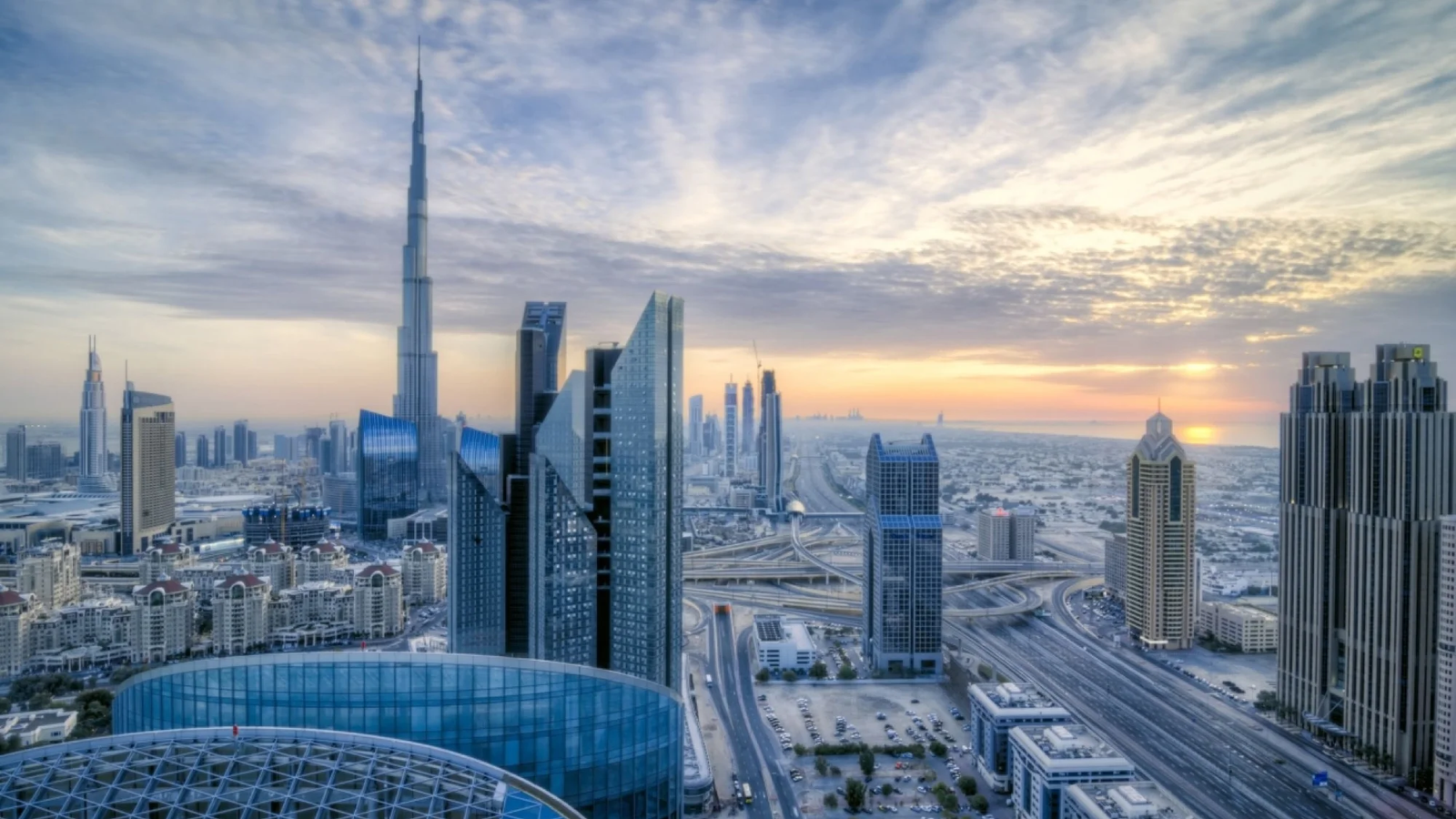Now Reading: UAE Climate Partnerships: Strong Actions Powering a Cleaner World by 2050
-
01
UAE Climate Partnerships: Strong Actions Powering a Cleaner World by 2050
UAE Climate Partnerships: Strong Actions Powering a Cleaner World by 2050

Table of Contents
The United Arab Emirates (UAE) has emerged as a global leader in building strong climate partnerships that aim to protect the planet, boost clean energy, and create a sustainable future for generations to come. With a vision to achieve net zero emissions by 2050, the country is not working alone. Instead, it is joining hands with governments, organizations, and industries worldwide to tackle one of humanity’s greatest challenges: climate change.
From hosting the landmark COP28 in Dubai to signing billion-dollar deals in renewable energy, the UAE’s climate partnerships have positioned it as a hub of innovation, investment, and collaboration. These efforts are not only about reducing emissions but also about creating opportunities in clean technologies, green jobs, and sustainable growth.
Why Climate Partnerships Matter
Climate change is a global issue. No single country can solve it alone. Rising temperatures, water scarcity, extreme weather, and biodiversity loss are challenges that cross borders. This is why partnerships are essential.
The UAE understands this reality well. By forming climate partnerships, the nation combines its financial strength, technological expertise, and global influence with the knowledge and resources of others. Together, they create solutions that can be scaled worldwide.
UAE’s Global Climate Diplomacy
One of the strongest examples of the UAE’s climate leadership is its role in international diplomacy. In 2023, the country hosted COP28, the United Nations Climate Change Conference. This event brought together more than 70,000 participants, including world leaders, climate activists, scientists, and businesses.
At COP28, the UAE pushed for practical solutions, including commitments to phase down fossil fuel emissions, increase renewable energy capacity, and invest in climate adaptation for vulnerable nations. The conference highlighted the UAE’s ability to act as a bridge between oil-producing economies and climate-ambitious nations.
Investments in Renewable Energy

The UAE has built some of the world’s largest renewable energy projects and expanded them through global partnerships. For example:
- Masdar: The Abu Dhabi-based clean energy company has projects in more than 40 countries. It invests in solar, wind, and green hydrogen, helping nations transition to clean power.
- Mohammed bin Rashid Al Maktoum Solar Park: One of the world’s largest single-site solar parks, developed in partnership with international firms, aims to provide clean electricity to millions of homes.
- Hydrogen Partnerships: The UAE is signing agreements with European and Asian countries to produce and export green hydrogen, which is seen as a fuel of the future.
These investments are not only helping reduce carbon emissions but also supporting new industries and economic diversification.
Partnerships with Developing Nations
The UAE is also working closely with developing countries that are most vulnerable to climate change. Through financial aid, technology transfer, and capacity-building programs, it ensures that climate action is inclusive.
For instance, the UAE has pledged billions of dollars to support renewable energy projects in Africa. This includes solar and wind power plants that provide clean electricity to rural areas, improving lives and reducing dependence on fossil fuels. Such initiatives show that climate partnerships go beyond business they are about fairness and global responsibility.
Private Sector and Innovation
Another important driver of UAE climate partnerships is the private sector. Local companies are teaming up with international firms to develop clean technologies, sustainable infrastructure, and eco-friendly industries.
Green startups in the UAE are working on solutions such as carbon capture, waste recycling, smart farming, and water conservation. These innovations are supported by government policies and international cooperation, ensuring that the country remains at the forefront of climate technology.
Moreover, the UAE’s free zones and business hubs provide an attractive environment for foreign companies working in sustainability. By partnering with local entities, these businesses accelerate the country’s green transition while gaining access to global markets.
Regional Cooperation in the Middle East
The UAE is also strengthening climate cooperation within the Middle East. Historically known for oil and gas, the region is now embracing renewable energy and environmental sustainability. The UAE partners with neighbors like Saudi Arabia, Egypt, and Jordan on projects that include clean energy, desert agriculture, and water security.
These regional partnerships are vital because climate challenges in the Middle East such as rising heat, drought, and sandstorms require collective solutions. By leading the way, the UAE inspires others in the region to act faster.
Climate Partnerships and the Economy

The UAE’s climate partnerships are not just about protecting the environment. They are also boosting the economy. According to experts, the transition to clean energy could create millions of jobs worldwide. The UAE is already seeing growth in green employment, from engineers and researchers to technicians and project managers.
By investing in sustainable infrastructure, the country attracts foreign investors, strengthens its tourism sector, and enhances its global reputation. These benefits show that climate partnerships are an opportunity for both environmental and economic progress.
The Road Ahead: Net Zero 2050
The UAE’s bold target is to achieve net zero emissions by 2050. Climate partnerships will play a central role in reaching this goal. Key priorities for the future include:
- Expanding renewable energy capacity globally.
- Developing large-scale green hydrogen production.
- Enhancing carbon capture and storage technologies.
- Supporting vulnerable communities worldwide with climate finance.
- Promoting sustainable agriculture and water management.
These steps require ongoing cooperation between governments, businesses, and communities. The UAE is determined to continue being a reliable partner in the global climate journey.
Conclusion
The UAE has shown that climate action is not a solo effort. By building strong partnerships across the world, the nation is proving that collaboration is the key to tackling climate change. From renewable energy investments to support for developing countries, the UAE is leading with both responsibility and innovation.
As the world races against time to limit global warming, the UAE’s climate partnerships are a reminder that together, countries can build a future that is sustainable, prosperous, and hopeful.
READ MORE:- Inside the World of Business Acquisitions: Secrets of Corporate Growth 2025



















